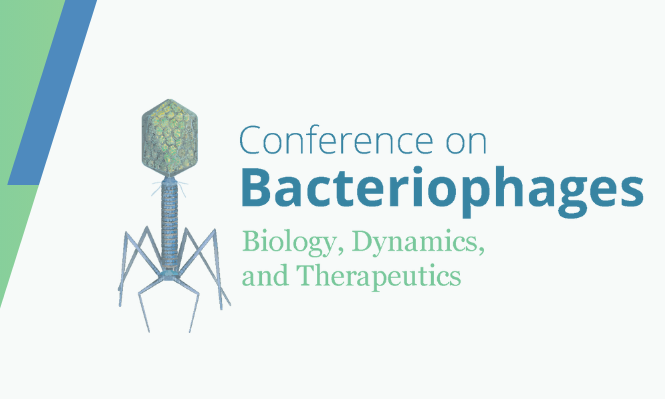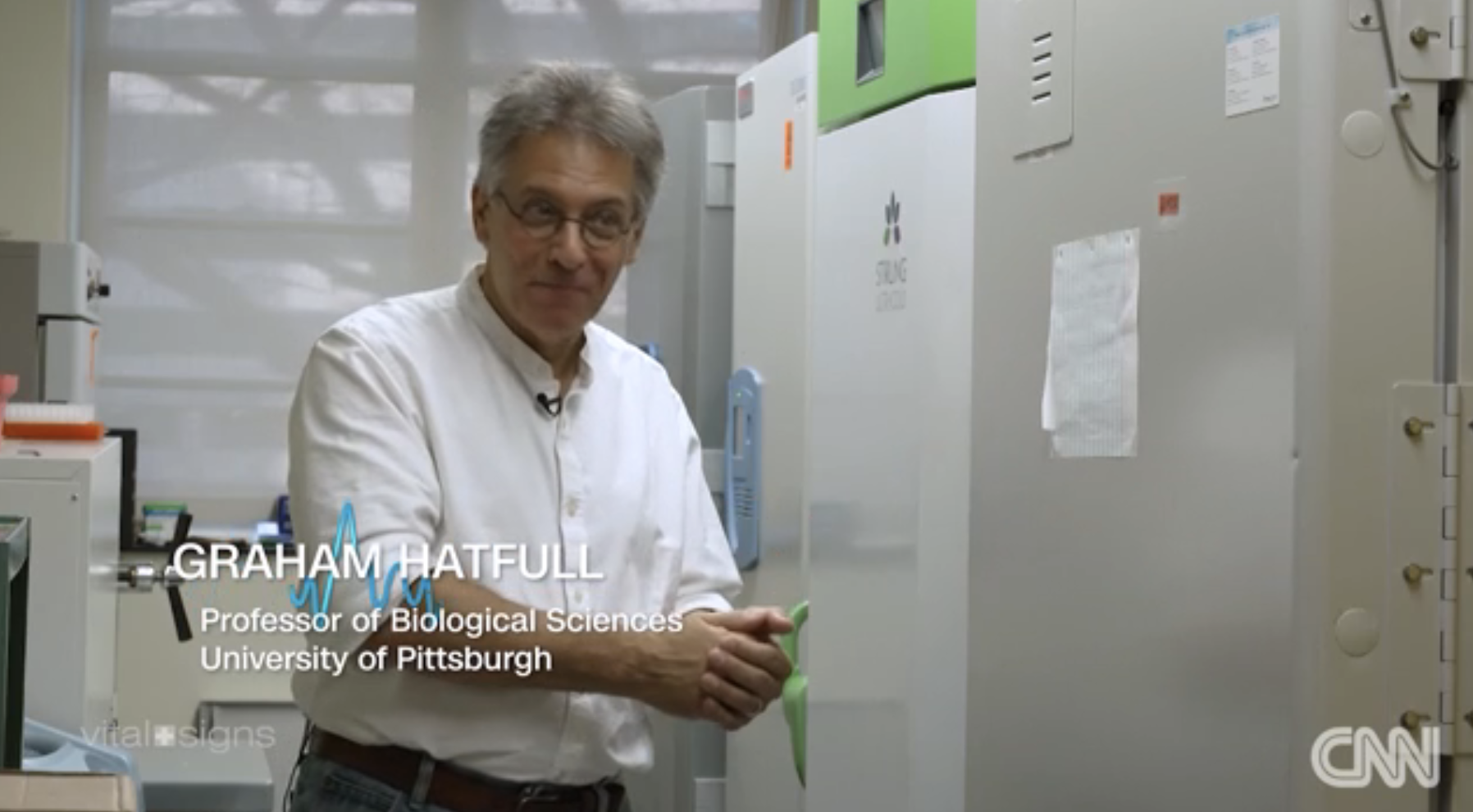Below are some guidelines to help you and your students prepare for the upcoming symposium. These include guidelines for:
IMPORTANT DATES
March 31, 2026: Deadline to register for the Symposium.
March 31, 2026: Deadline for abstract submission.
April 3, 2026: Those selected to give talks will be notified.
April 13, 2026: Part.1 of the Symposium Keynote available online for viewing
April 17, 2026: Deadline to upload Posters to the symposium website.
April 24 – 26, 2026: Attend the Symposium.
Who should register?
All SEA faculty, and all SEA student-researchers from the 2025 - 2026 academic year, are invited to register and attend the 2026 SEA Symposium.
How do I register?
All SEA faculty members will receive instructions and a registration link by email on March 9, 2026. You will be asked to forward a registration email to your students. Registration will close March 31, 2026.
Who should submit abstracts and posters?
SEA Faculty are responsible for submitting all abstracts and posters.
Poster abstracts will be submitted via the seaphages.org program website (see link within your institution's homepage on seaphages.org)
Final posters will be uploaded to the symposium meeting website. Instructions for abstract and poster submissions are provided below.
How many posters should be submitted?
We encourage each section of SEA students to submit one poster that describes their SEA research from the 2025 – 2026 academic year. If your school has multiple SEA sections, PHAGES or GENES, you may choose to submit one poster for each section or research project, or you can choose to submit one poster that summarizes the work of many sections or projects.
What is the format for each poster?
Posters should be prepared as a single Powerpoint slide using the Poster resource on QUBES prepared by SEA faculty, and saved as a PDF file. During the poster session, presenters will refer to this single slide PDF when presenting.
What should I include in my abstract(s) and poster(s)?
Given that the symposium will happen during your ongoing research semester, your poster will likely feature your ongoing work-in-progress. This is a great opportunity for your students to discuss their research with other students across the country and get feedback to inform their ongoing research. As much as possible, each poster should feature discoveries in the context of what is already known for similar phages. The Cluster Reports on QUBES can be a valuable resource for this. The QUBES Poster resource also provides guidance on how to develop your poster with your students to facilitate an exchange of ideas during the symposium.
Your abstract will represent a summary of what will be included in your poster. There is a 3,000 character-limit for abstracts.
What is the format for the poster session?
The poster sessions will be live sessions hosted in a virtual space designed as a yacht where participants can move around using the arrow keys on their keyboard and can connect with others via video and audio based on proximity.
In this virtual space, each submitted poster will have an assigned space, and 2 poster presenters should stand by their poster. As an attendee walks up to a poster, their video and audio will connect with the poster presenter. A link at each poster allows the attendee and presenter to both view the single poster slide at the same time. A video tutorial about the yacht and the poster session will be provided soon.
Here are some additional logistics and recommendations:
- The poster session on Saturday will be for even-numbered posters, whereas the poster session on Sunday will be for odd-numbered posters. Poster presenters will be able to locate their poster number on the Symposium meeting site and should then plan to present at their respective poster session.
- While any individual student is unlikely to be able to visit all the posters being presented during the dedicated poster sessions, collectively your group of students may be able to. Much the same way in which a few members of a lab who attend a scientific meeting return to share the science they learned with the rest of the lab, we encourage you to consider organizing a post-symposium lab group meeting where your students can share with the group what they each learned from the various posters they attended. If you are considering implementing this, it may be worth informing students of your plans before they attend the symposium.
- Since all symposium attendees will continue to have access to the symposium meeting site for several months after the symposium is over, we encourage you to continue engaging your students with the various posters as part of their ongoing PHAGES and GENES research.
How do I submit my abstract(s)?
Once you are signed in at seaphages.org, links to add, modify, or view an abstract are provided at the top of your institution page. Abstracts should by March 31, 2026.
How do I submit my poster(s)?
Once you have submitted your abstracts, SEA staff will send instructions to you and your students by April 10 on how to submit your poster to the Symposium Homepage. Posters should be uploaded by April 17, 2026.
Yes! If you would like your abstract to be considered for a talk, you can indicate so during the abstract submission. If your abstract is selected for a talk, you will be notified by April 3, 2026.
We encourage you to submit a poster even if you are selected to give a talk, since the poster session is an additional and important opportunity for faculty and student co-authors, and other symposium attendees to interact and discuss research.
What are the formats for talks?
We have 3 types of sessions for talks:
- SEA Research Sessions: These sessions will include several back-to-back 10-minute talks (+3 minutes for Q&A). Talks will be presented live. Speakers will be invited to a practice session in the weeks prior to the meeting so that they are familiar with the technology.
- SEA Lead Scientist Session: This 45-min presentation will feature our SEA-PHAGES lead scientist, Graham Hatfull and members of the Hatfull lab.
- Keynote Session: The keynote presentation by the Paul Turner, the Rachel Carson Professor of Ecology and Evolutionary Biology at Yale School of Medicine, will be presented in two parts.
- Part.1 will be a pre-recorded presentation that will be made available to all attendees the week of April 13. All attendees should watch Part.1 ahead of the symposium. We encourage faculty and students to watch and discuss Part.1 together. Consider dedicating one lab meeting for this.
- Part.2, which builds on Part.1, will be a live presentation during the symposium.
How will symposium attendees be able to interact?
The entire Symposium will be hosted on a virtual meeting platform, where all attendees can connect with one another, via video and audio, throughout the meeting.
- Talks will be hosted in a virtual auditorium, and attendees will be able to walk up to a virtual microphone to ask questions. Attendees can also use the live chat to ask questions.
- Posters will be hosted in the virtual poster rooms, and attendees will be engage with poster presenters by video and audio during the poster session. Posters will continue to be available for viewing outside of the dedicated poster sessions.
- For all other times, including socials, we encourage all attendees to wander the virtual spaces built for the Symposium. You will be able to interact with one another via video and audio, and more! We encourage attendees to use this space to meet between or after sessions to discuss science, or to simply catch up with old friends and to meet and make new friends.
- To help students prepare for a virtual meeting, SEA faculty have a prepared a resource hosted on QUBES that you can download, review, and share with your students.
A link to the Symposium homepage will be provided closer to the meeting date.
Friday, April 24
5:00 PM – 6:00 PM | Concurrent Sessions
-- A Chat with SEA Scientists (for SEA Students)
-- Faculty Meet & Greet (for SEA Faculty)
Saturday, April 25
1:00 PM – 1:45 PM |Symposium Keynote
2:15 PM – 3:10 PM |Talks by SEA Researchers
3:30 PM – 4:15 PM |Poster Session -- Even-Numbered Posters
Sunday, April 26
1:00 PM – 2:00 PM |Talks by SEA Researchers
2:30 PM – 3:30 PM |Poster Session -- Odd-Numbered Posters
4:00 PM – 5:10 PM |Talk by SEA-PHAGES Lead Scientist


